Thoughts-controlled devices, as soon as science fiction, are actually a actuality. Applied sciences like EEG headsets and brain-computer interfaces (BCIs) allow customers to work together with machines utilizing neural indicators, from controlling drones to restoring mobility for paralyzed sufferers.
Whereas revolutionary, these instruments elevate pressing privateness and moral issues. The neurotech market is projected to hit $21 billion by 2026 (Statista), pushed by each medical breakthroughs and shopper devices like meditation-tracking headbands.
Nonetheless, unregulated gadgets flood the market, missing oversight and risking knowledge exploitation.


How Thoughts-Managed Devices Work?: Decoding the Mind
Mind-to-machine expertise captures neural indicators and turns them into actions. Scientists have developed varied strategies to learn mind exercise, from exterior headsets to surgical implants.
These applied sciences work by detecting electrical patterns your mind naturally produces whenever you assume or wish to transfer.
EEG Headsets (Neurable, NextMind)
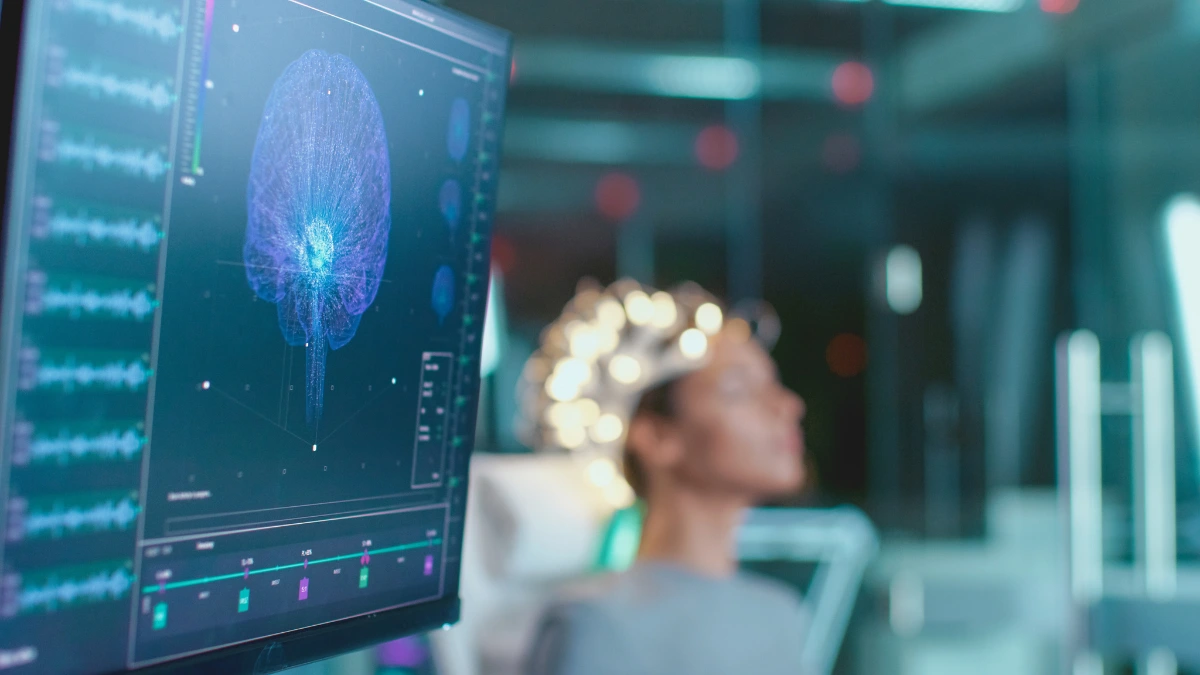

EEG headsets use sensors positioned in your scalp to detect mind waves with out surgical procedure. They decide up electrical indicators when neurons talk, letting you management computer systems with ideas alone.
Corporations like Neurable and NextMind have created shopper variations for gaming and productiveness.
These gadgets observe particular mind patterns. Give attention to shifting a digital object, and the headset reads these intentions.
The tech works greatest with easy instructions moderately than complicated ideas, because the cranium blocks some mind exercise.
Many shoppers use these for meditation monitoring or controlling VR experiences. The Muse headband, for instance, provides suggestions in your psychological state throughout meditation.
The largest concern? Safety typically falls wanting medical requirements, placing private mind knowledge prone to publicity to 3rd events.
BCI Implants (Neuralink, Synchron)
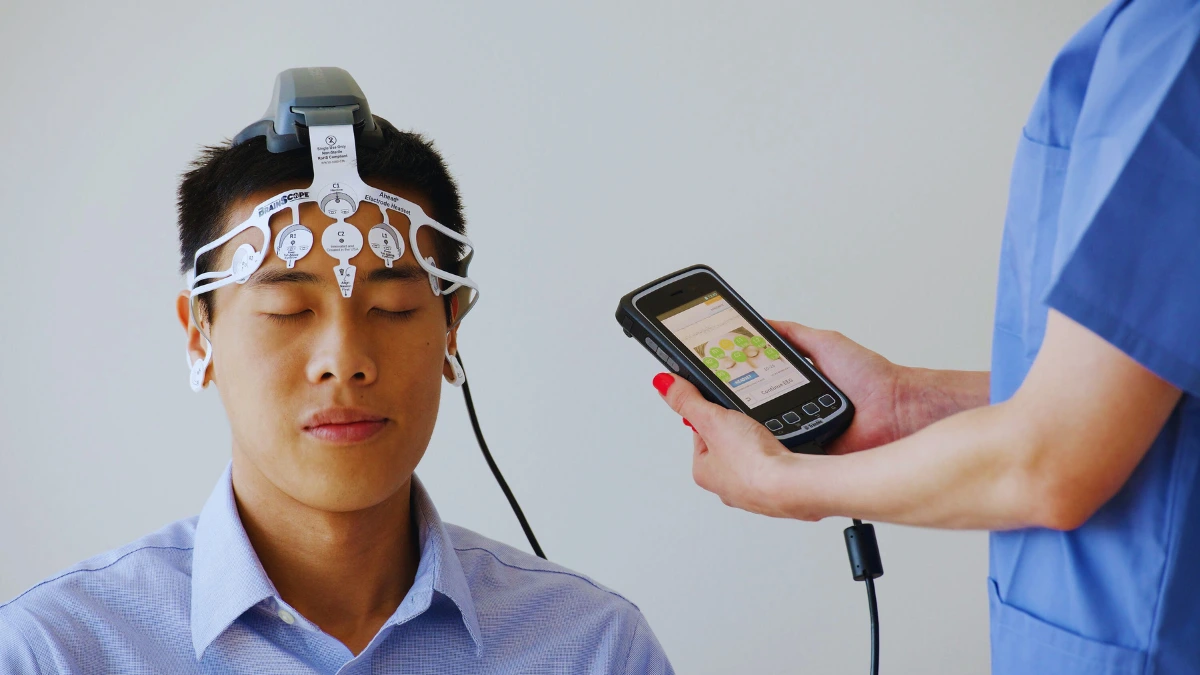

Mind-computer interface implants join on to mind tissue for extra correct readings. Corporations take completely different approaches to this expertise.
Neuralink requires surgical procedure to put tiny electrodes into the mind, focusing on situations like paralysis and ALS with exact neural monitoring.
Synchron provides a much less invasive possibility with their stentrode. It enters by blood vessels to succeed in the motor cortex, avoiding open mind surgical procedure whereas nonetheless capturing detailed mind indicators.
This method reduces surgical dangers whereas sustaining good connection high quality.
Actual-world success tales present the potential. College of Pittsburgh researchers created a robotic arm managed completely by thought, serving to paralyzed sufferers regain motion.
The expertise reads motor intentions straight from the mind and interprets them into mechanical actions. The medical advantages look promising, however questions on long-term results and knowledge safety stay central issues.
Wearables (CTRL-Labs)


Some mind-control applied sciences work with out touching your head in any respect. Electromyography (EMG) gadgets learn {the electrical} indicators despatched out of your mind to your muscle mass, notably in your arms.
These indicators occur simply earlier than bodily motion. Meta’s CTRL-Labs created an armband that detects these nerve impulses.
Take into consideration clicking a mouse, and the band catches that sign earlier than your finger even strikes.
This enables for gesture management with out precise motion, opening prospects for folks with mobility limitations.
The profit? These wearables really feel much less invasive than mind implants or headsets. The issue? Many fall outdoors FDA regulation since they’re marketed as shopper devices moderately than medical gadgets.
This creates a loophole the place your neural knowledge may obtain much less safety than commonplace well being data. Hackers who entry this knowledge might doubtlessly achieve insights into your intentions and actions with out your data.
Privateness Dangers: Your Mind as a Information Goldmine
Your mind exercise incorporates much more private data than most individuals notice. Neural indicators can reveal your feelings, well being standing, and even passwords or PINs.
As brain-reading expertise turns into extra widespread, these indicators flip into priceless knowledge that firms and hackers alike may wish to entry.
Hacking Neural Information


Mind indicators are weak to interception similar to any digital knowledge. At DEF CON 2022, safety researchers confirmed how simply they may hack EEG gadgets to steal authentication patterns. This isn’t science fiction—it’s taking place now.
Your neural patterns are distinctive to you. When you concentrate on particular phrases or actions, your mind creates distinctive electrical indicators.
UC Berkeley researchers proved this in 2012 after they reconstructed spoken phrases simply from brainwave knowledge. Think about if somebody might learn what you’re enthusiastic about typing earlier than your fingers contact the keyboard.
The chance goes past stealing passwords. Your mind exercise exhibits what catches your consideration, what you discover rewarding, and what makes you anxious.
This data may very well be used for manipulation much more successfully than present promoting. Somebody with entry to your neural knowledge basically has a window into your thoughts.
Well being Information Exploitation
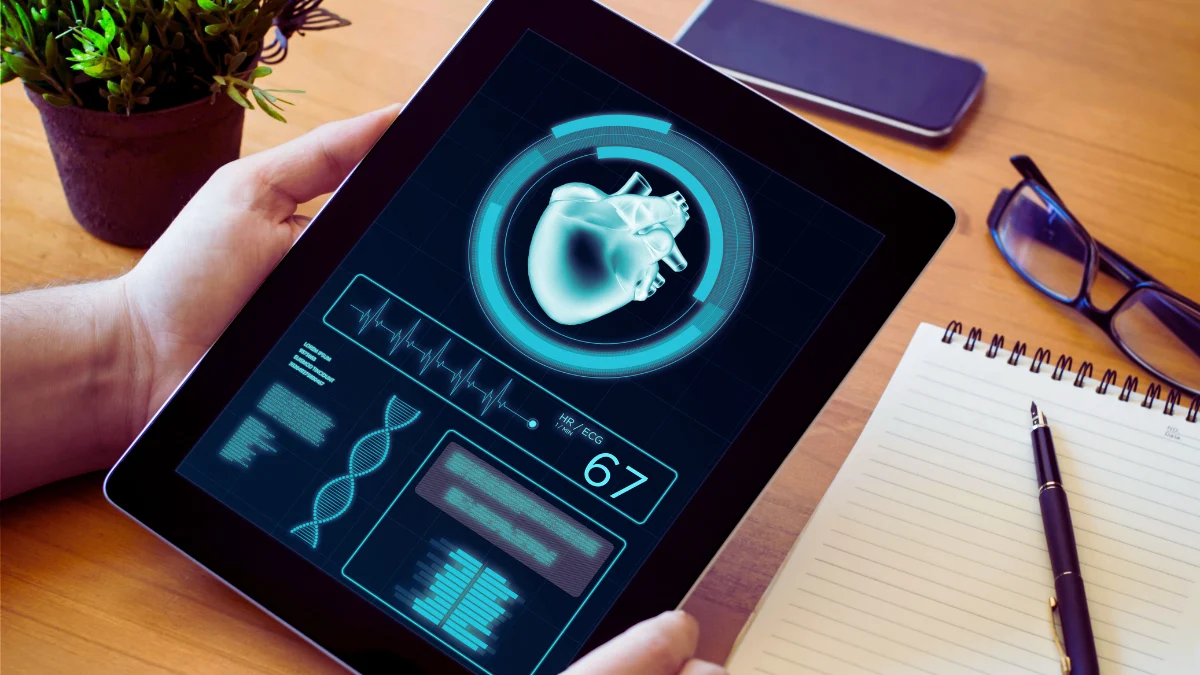

Mind indicators include hidden well being insights that even you may not find out about.
Early indicators of situations like melancholy, Alzheimer’s, or Parkinson’s can seem in neural patterns earlier than signs turn out to be apparent to docs.
Insurance coverage firms would love this data. Your charges might change primarily based on what your mind exercise suggests about future well being issues.
Give it some thought: would you need your insurance coverage supplier to lift your premiums as a result of your neural patterns match these of people that later developed dementia? With out correct protections, this situation isn’t far-fetched.
Employers may additionally need entry to this knowledge. They might monitor how targeted you might be throughout work hours or examine should you’re pressured when given sure duties.
An organization might even use BCI knowledge to guage your cognitive talents with out telling you. All this occurs beneath your aware consciousness, making it tough to manage what data you’re sharing.
Unregulated Units
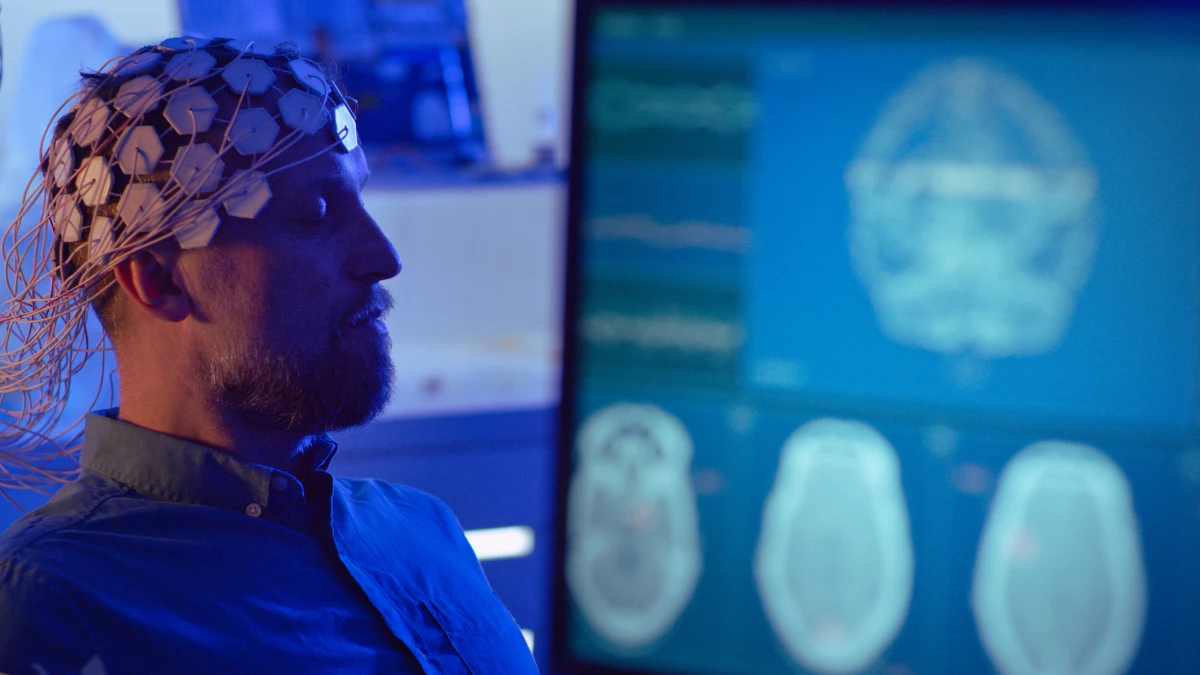

Many brain-reading devices exist in a regulatory grey zone. Medical gadgets face strict FDA oversight, however shopper EEG headsets typically don’t. They’re labeled as wellness or leisure merchandise as an alternative.
This classification loophole means many neural gadgets lack primary security measures. Information may journey unencrypted between your headset and cellphone.
Corporations can acquire and retailer your mind exercise with minimal restrictions on how they use it. Some may even promote this data to knowledge brokers who mix it with different private particulars.
Kids’s toys with EEG capabilities current particular issues. Children’ growing brains produce priceless knowledge for firms serious about understanding cognitive growth.
But these toys hardly ever include applicable safeguards. Dad and mom could not absolutely perceive what data these seemingly harmless devices acquire about their youngsters’s minds.
Moral Dilemmas: Who Owns Your Ideas?
The query of who owns neural knowledge raises profound philosophical and authorized questions. Your ideas really feel basically yours, but after they’re captured by expertise, the possession turns into murky.
This creates unprecedented moral challenges that our legal guidelines and social norms haven’t caught up with.
Information Possession
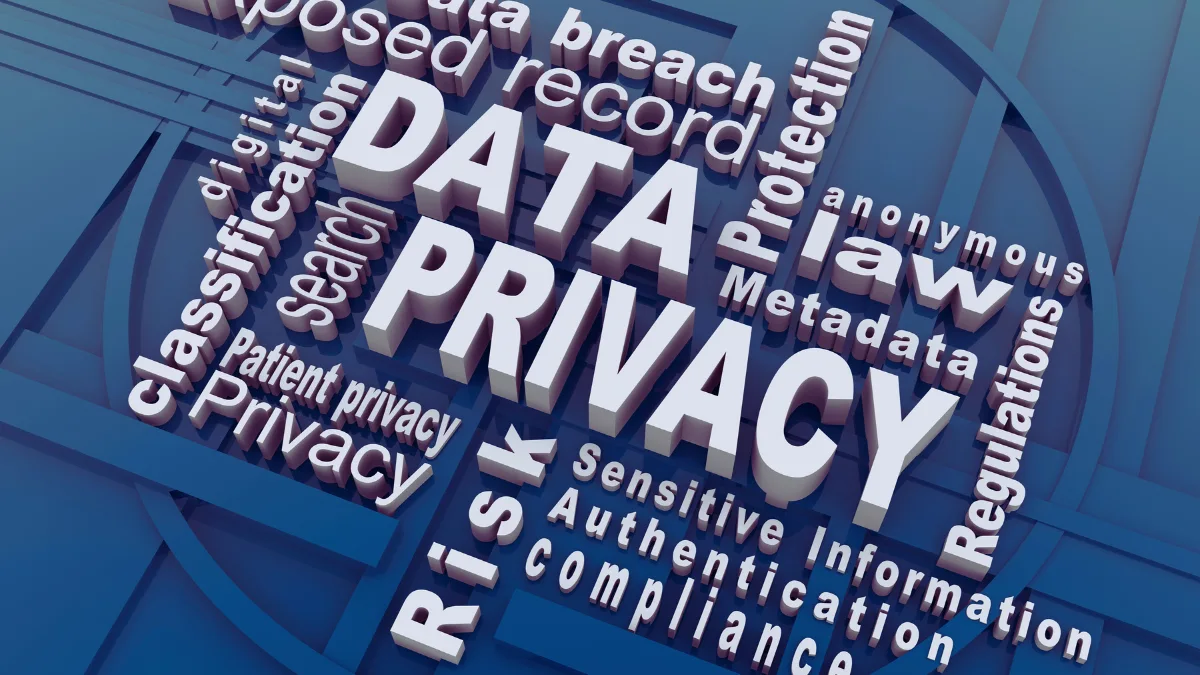

Most individuals assume they personal their ideas, however phrases of service typically say in any other case.
Corporations often declare broad rights to any knowledge collected by their gadgets, together with mind exercise.
If you use a neural headset, the superb print issues greater than you may assume. The settlement may give the corporate permission to retailer, analyze, and even promote your mind knowledge.
Few customers learn these prolonged paperwork, but they’re signing away one thing extremely private. This example creates a disconnect between what feels proper and what’s legally permitted.
Authorized frameworks wrestle with tips on how to classify neural data. Ought to it obtain particular safety past commonplace knowledge privateness legal guidelines? Some specialists argue mind knowledge deserves the identical authorized standing as organs or DNA—one thing that can’t be commodified.
Others recommend creating a brand new class of “psychological privateness rights” that provides people management over how their neural data is used, saved, and shared.
Office & Insurance coverage Dangers


Corporations may strain workers to make use of neural monitoring expertise. What begins as an optionally available productiveness software might turn out to be obligatory, with refusal affecting job prospects or efficiency evaluations.
Dr. Anna Wexler from the College of Pennsylvania warns about this slippery slope. Employers might observe your consideration ranges throughout conferences or measure your stress response to new assignments.
This fixed neural surveillance creates energy imbalances that favor firms over employees. Even when the monitoring begins with good intentions, the info might affect selections about promotions, assignments, and even layoffs.
Insurance coverage firms current one other concern. They could provide reductions for carrying neural displays, just like health tracker applications some well being insurers already use.
This seemingly useful association might flip problematic in case your charges improve primarily based on unfavorable mind patterns.
The science connecting neural indicators to future outcomes stays imperfect, but selections affecting your protection may depend on these inexact predictions.
Medical vs. Shopper Divide
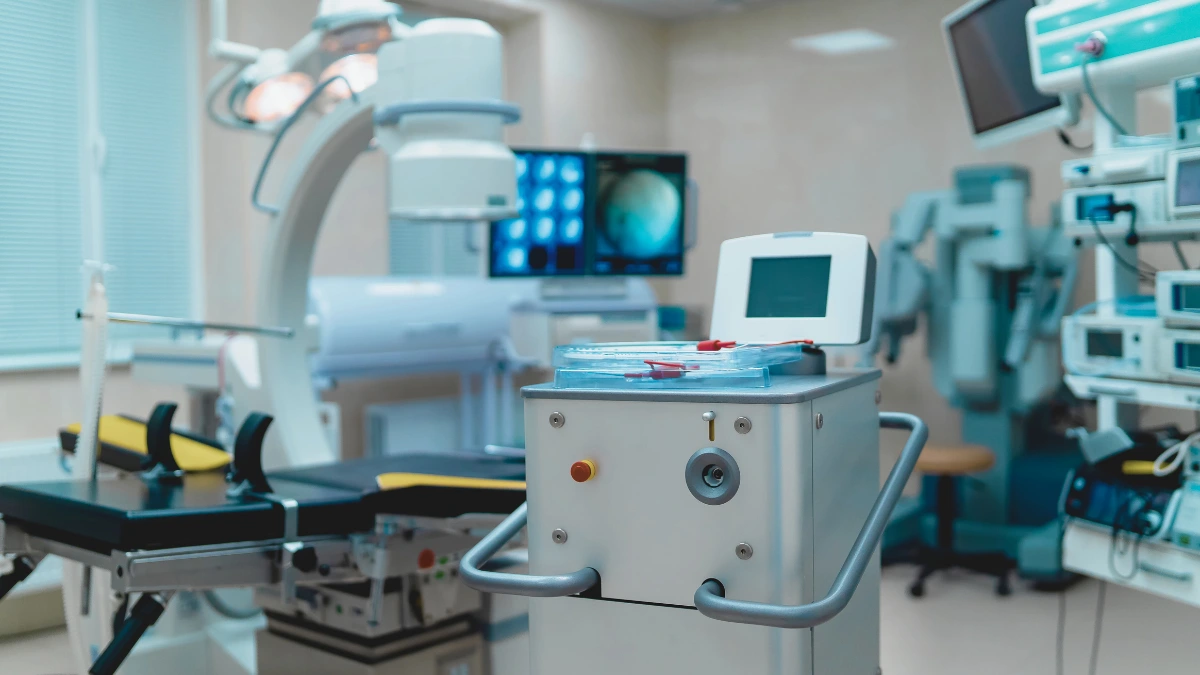

Medical neural gadgets and shopper devices function below vastly completely different requirements. This creates an moral hole that places customers in danger.
Therapeutic BCIs like Synchron’s stentrode endure rigorous testing and comply with strict medical ethics tips. They exist to assist folks with critical situations.
The advantages outweigh the privateness issues for sufferers with paralysis or extreme motor limitations. These medical gadgets prioritize therapeutic above all else.
Shopper neurotech follows completely different priorities. Corporations promoting meditation headbands or focus-enhancing headsets intention to make income. Their ethics evaluate processes could not match medical requirements.
This creates a situation the place your mind knowledge receives completely different safety ranges relying on whether or not the machine is labeled “medical” or “shopper”—even when the underlying expertise works equally.
The hole between these approaches raises critical questions. Ought to all brain-reading expertise comply with medical ethics tips no matter the way it’s marketed?
Many specialists say sure, arguing that neural knowledge deserves particular safety no matter why it’s being collected.
Options: Safeguarding the Thoughts
Defending neural privateness requires a mix of technical, authorized, and moral approaches.
No single resolution can deal with all of the challenges, however collectively they type a framework for accountable neurotech growth. These protections should evolve alongside the expertise itself.
Encryption & Safety
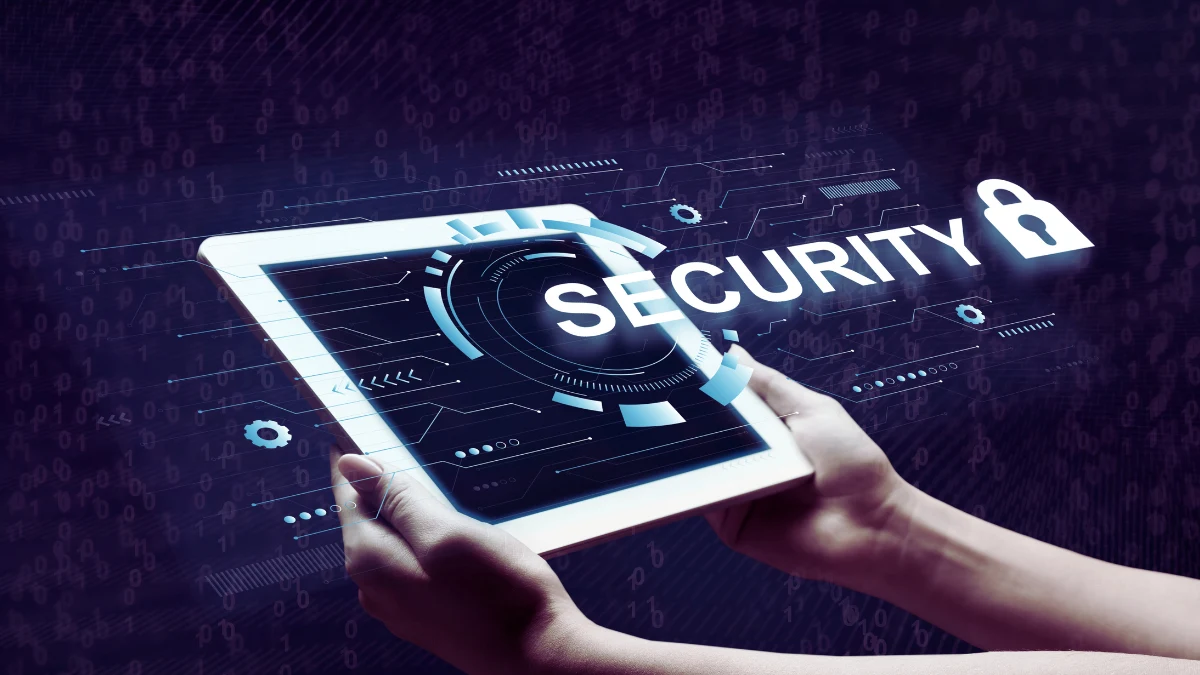

Robust encryption types the primary line of protection for neural knowledge. Corporations ought to implement bank-grade safety measures all through their techniques.
Each stage of information assortment wants safety—from the machine in your head to storage within the cloud. Finish-to-end encryption prevents unauthorized entry throughout transmission.
Safe storage protocols maintain the info secure as soon as it reaches firm servers. These technical safeguards make it tougher for hackers to steal your neural data.
Corporations also needs to restrict how lengthy they maintain mind knowledge. Essentially the most safe data is that which not exists. Neural patterns from years in the past could not assist enhance the service however nonetheless create privateness dangers if breached.
Clear knowledge retention insurance policies with computerized deletion after an inexpensive interval would scale back this vulnerability. Customers ought to obtain notifications about what occurs to their data and have choices to request deletion.
Open-Supply BCIs


Open-source neurotech tasks like OpenBCI make the expertise clear and accountable. Anybody can study the code and {hardware} designs to seek out safety flaws or privateness points.
This transparency builds belief. When an organization’s neural interface is absolutely open to inspection, it may’t cover problematic knowledge practices.
Unbiased researchers can confirm safety claims and recommend enhancements. Customers achieve confidence that the machine works as marketed with out hidden features accumulating additional data.
Open-source approaches additionally democratize innovation. Small groups and tutorial researchers can contribute to advancing neurotech with out large funding. This creates alternate options to corporate-controlled gadgets.
The neighborhood of builders often prioritizes consumer privateness and management over marketability or knowledge assortment alternatives. With extra various voices shaping the expertise, moral concerns keep on the forefront of growth.
Regulation
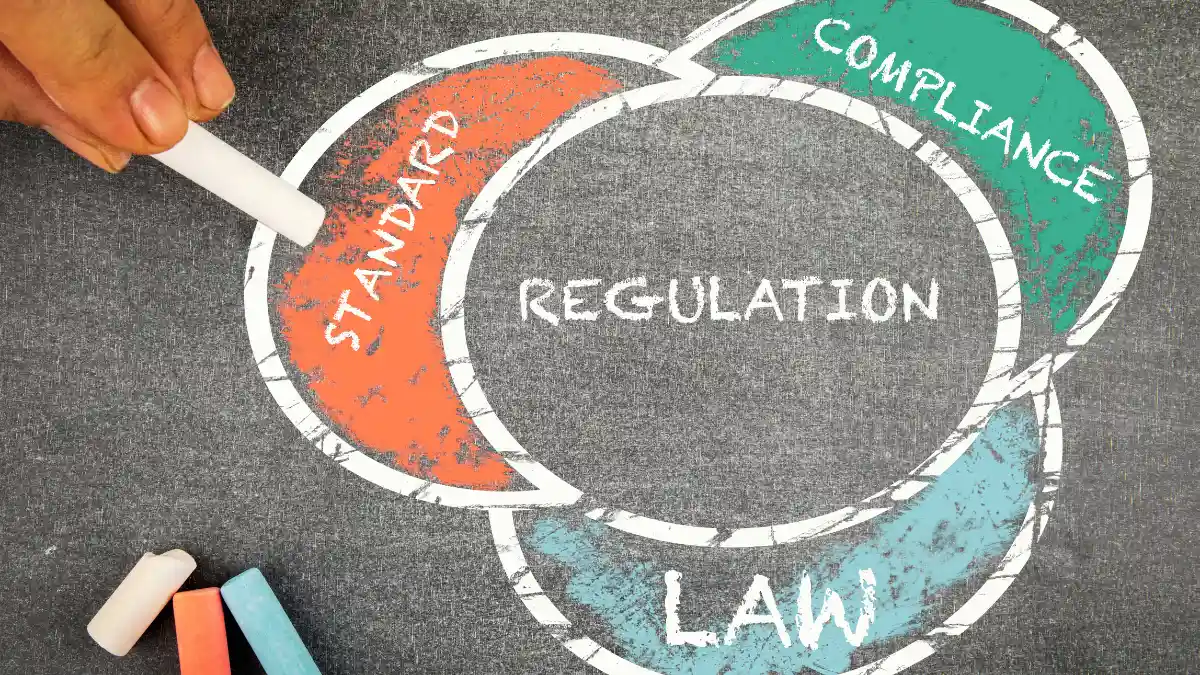

Legal guidelines should meet up with neurotechnology. The EU’s GDPR treats neural knowledge as “delicate private data,” however most nations lack particular neurotech rules.
Lawmakers must create clear tips about consent for neural knowledge assortment. Customers ought to obtain plain-language explanations of what data will get captured and the way will probably be used.
The proper to withdraw consent and have knowledge deleted ought to apply to mind data simply because it does to different private knowledge. These primary protections would give folks extra management over their neural privateness.
Shopper safety companies ought to lengthen their oversight to incorporate neural gadgets. The FDA might increase its definition of medical gadgets to cowl shopper neurotech with well being implications.
This could shut the regulatory loophole that enables firms to gather mind knowledge with minimal oversight by labeling their merchandise as leisure or wellness instruments moderately than medical expertise.
Uninterested in 9-5 Grind? This Program May Be Turning Level For Your Monetary FREEDOM.


This AI aspect hustle is specifically curated for part-time hustlers and full-time entrepreneurs – you actually want PINTEREST + Canva + ChatGPT to make an additional $5K to $10K month-to-month with 4-6 hours of weekly work. It’s essentially the most highly effective system that’s working proper now. This program comes with 3-months of 1:1 Help so there may be virtually 0.034% possibilities of failure! START YOUR JOURNEY NOW!

